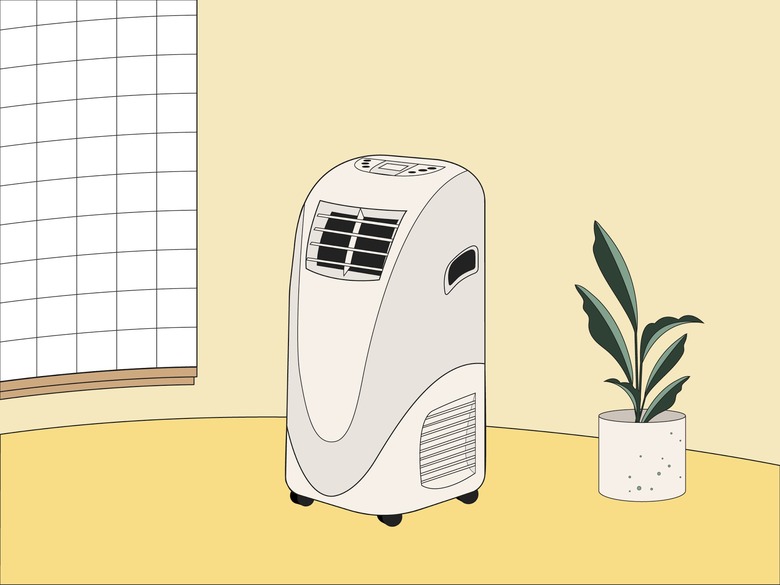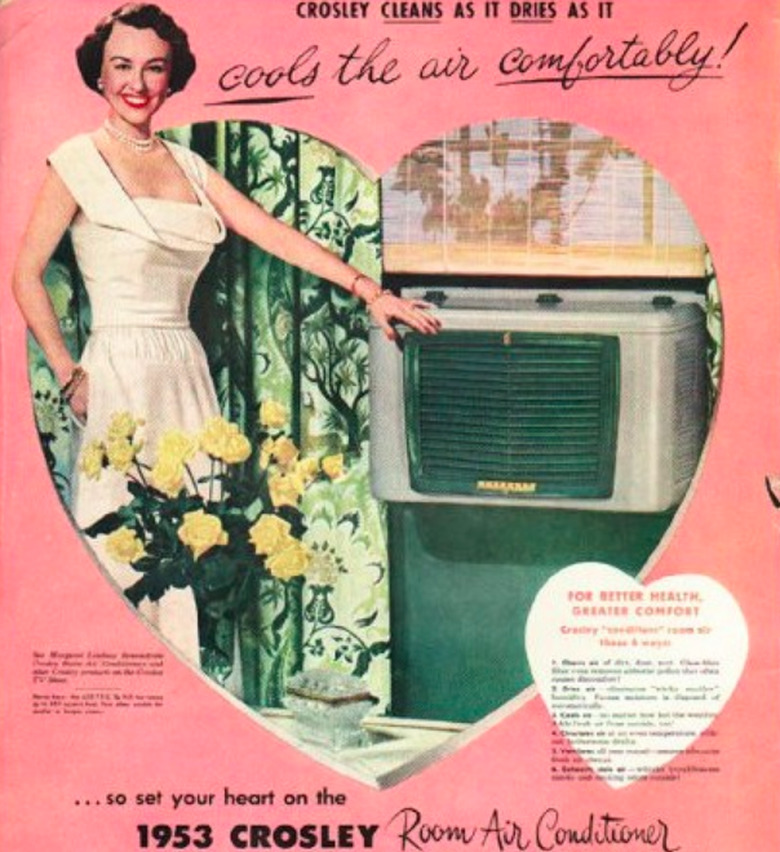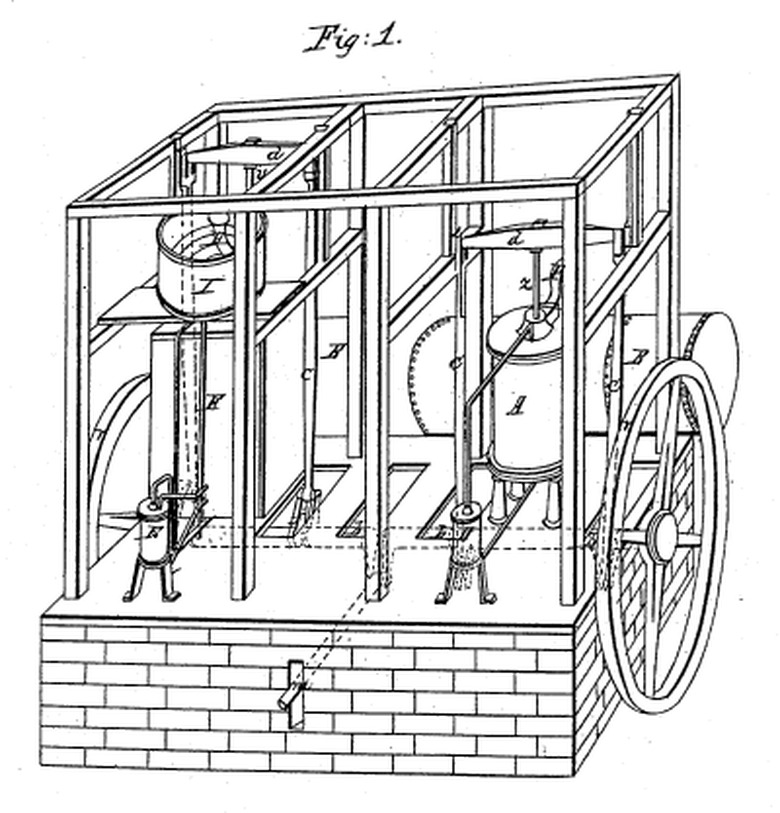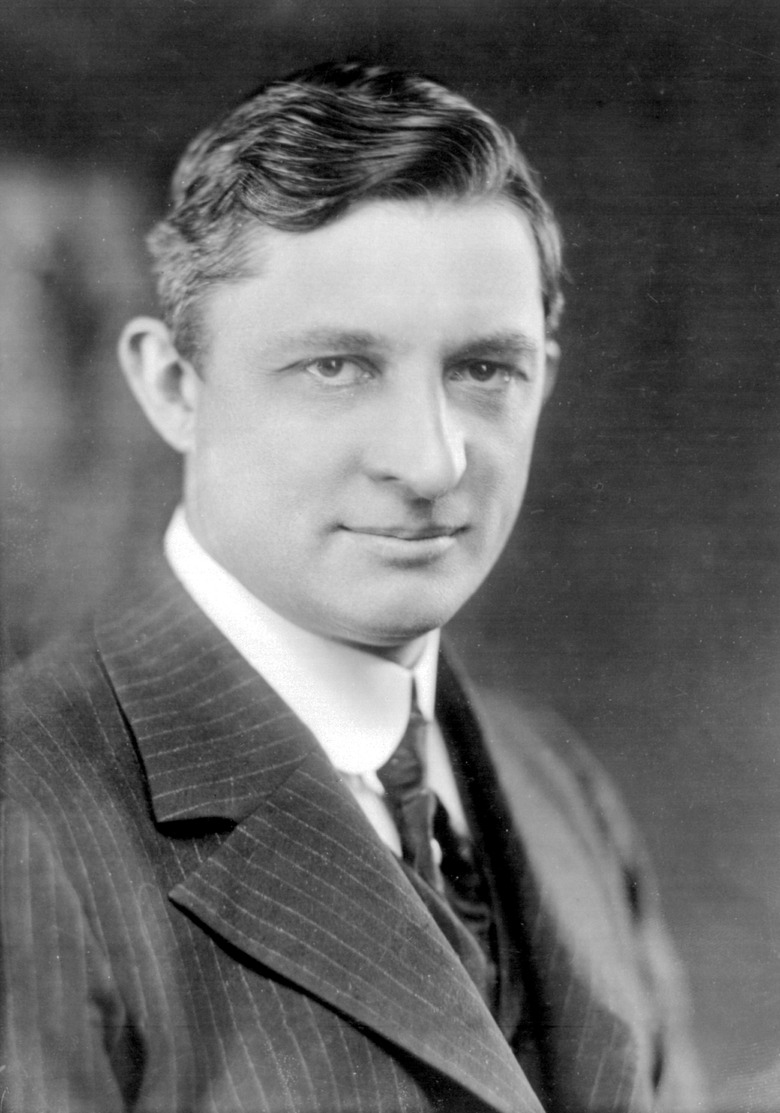Cool Inventions: The History Of Air Conditioning As We Know It
Benjamin Franklin was visiting England in the summer of 1758, and, like most people in June, was looking for some relief from the heat. Along with a Cambridge professor of chemistry, he spent several days experimenting with a system whereby ether, as it evaporated, might cool its surrounding area. He wrote to a friend of the experiment's results:
"The ice continued increasing till we ended the experiment, when it appeared near a quarter of an inch thick all over the ball, with a number of small spicula, pointing outwards. From this experiment one may see the possibility of freezing a man to death on a warm summer's day, if he were to stand in a passage thro' which the wind blew briskly."
Benjamin Franklin wasn't the first person to come up with the idea that evaporation could be turned into a cooling system, and he certainly wasn't the first person to face a hot summer day and think, "There has got to be a way to sweat less." Evidence of turning water, wind, and ice into cold air exists in the histories of ancient Egypt, medieval Iran, and 7th century China. As long as people have been having ideas, some of those ideas have centered around staying cool.
For much of the 19th century in America, a large-scale cooling system was the stuff of fantasy. Stores, theaters, and factories were limited to basically the same options people used at home — keep the windows covered on hot days, stay low to the ground (since heat rises), and employ fans wherever and whenever possible. In the 1850s, a Florida doctor named John Gorrie invented a cooling system that used melting ice, but he died before he could secure significant financial backing.
Who invented the air conditioner?
Who invented the air conditioner?
Air conditioning as we know it was the brainchild of Willis Carrier, an upstate New York-raised engineer working at the Buffalo Forge Company. Carrier's invention, unlike earlier attempts to cool large spaces, used a combination of water, cold coils, and refrigerants (usually ammonia, propane, and other toxic and flammable substances) to not just cool spaces but to also regulate humidity — it didn't just chill the air, Carrier argued, it conditioned it.
At first, air conditioning was largely installed in industrial spaces — not so much to keep workers cool, but to prevent products made in American factories from overheating. In the 1920s, New York movie theaters seized on the idea that air conditioning could increase profits: People might not be able to afford air conditioning at home, but a nickel for an hour in icy air on a hot August day seemed like a bargain.
When did air conditioning become popular?
When did air conditioning become popular?
By the 1950s, air conditioning was being sold to American housewives not just as a luxury, but as something that would actually make the work of keeping a home easier. In Air-Conditioning America: Engineers and the Controlled Environment, 1900-1960, Gail Cooper writes that an early-'50s House Beautiful story on the benefits of air conditioning pointed out that in a home with A/C, "windows aren't opened, city dirt and noises are kept out." Ads for air conditioning, like this 1950s promotional film, looked like ads for other midcentury home innovations like washing machines and dishwashers — ecstatic housewives, thrilled to have their lives improved by the magic of technology. In 1953, more than 1 million air conditioning units were sold.
By the 1970s, clunky window units began to fall out of fashion in favor of central air conditioning. Either way, most American homes (nearly 90 percent, according to some surveys) have some kind of air conditioning setup — a cold, cold world indeed.



